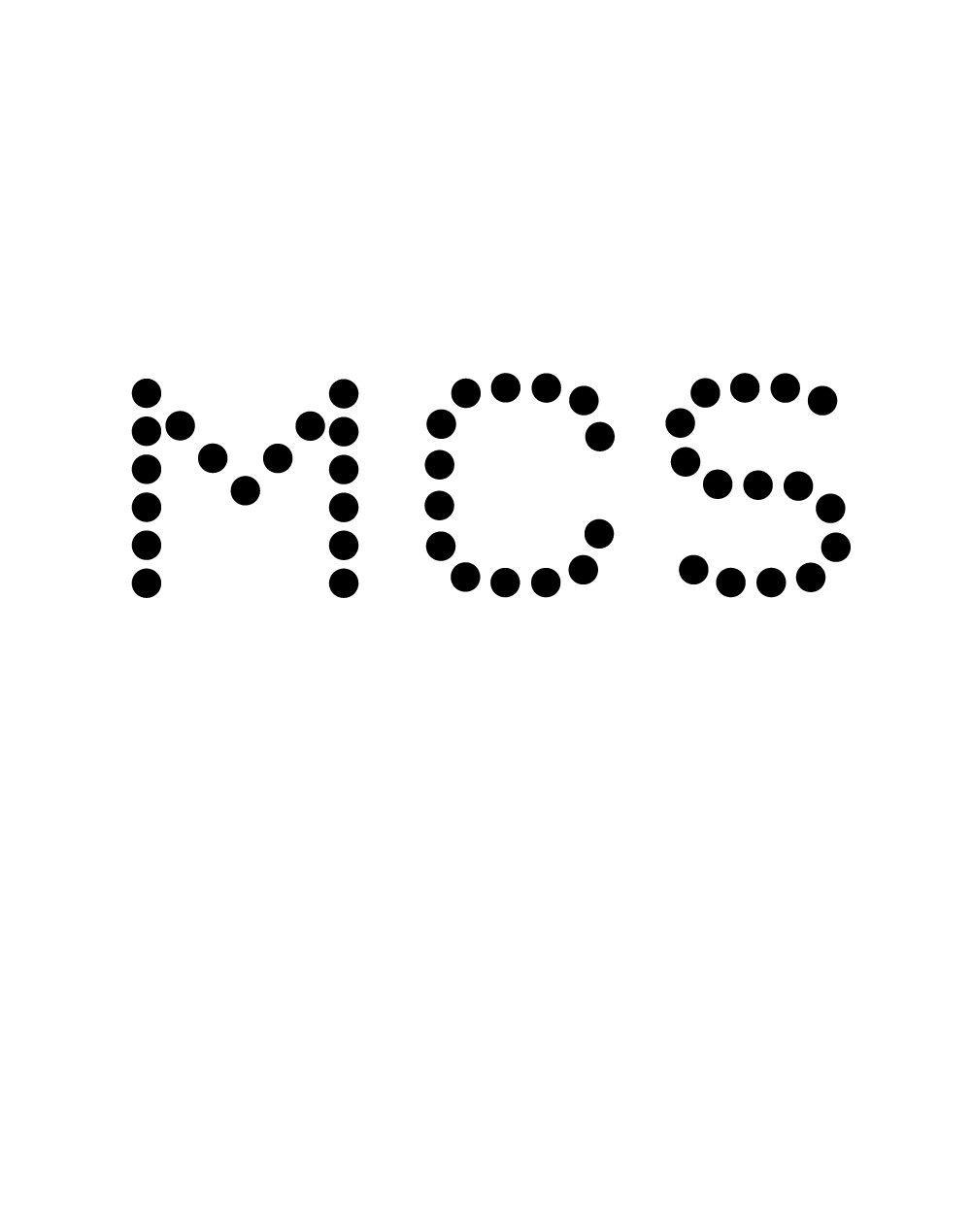Renewable energy generating solutions like solar, wind and geothermal are gathering pace across the globe. However, the development of these technologies often requires government subsidies and incentives, which can raise questions of freedom, fairness, and equality. In simple terms not all communities have the freedom to choose renewable energy solutions.
In her paper ‘Is energy an ethical issue?’ Linnea Luppala argues there will always be a trade-off. She notes “Every single energy technology has its negative impacts and energy policy must make difficult decisions between the different choices available” However, we can claim that renewable energy solutions are more ethically responsible than fossil fuel solutions. Carbon dioxide and methane emissions from burning fossil fuels contribute to global warming and decreased air quality whereas solar energy solutions produce no such pollution. While some argue that emissions are created during the production of solar panels these emissions are much lower compared with lifecycle emissions for coal and natural gas. The so-called ‘hidden emissions’ due to building wind turbines, solar panels or nuclear plants are very low compared with the savings from avoiding fossil fuels.
The ethics of energy distribution are complex, and the possibility of an entirely ethical energy distribution system seems improbable. Nevertheless, consumers and businesses now have more choice than ever in terms of where they get their energy from and the launch of entirely green energy companies (supplying 100% renewable electricity) show a growing market demand for more ethically agreeable suppliers.






